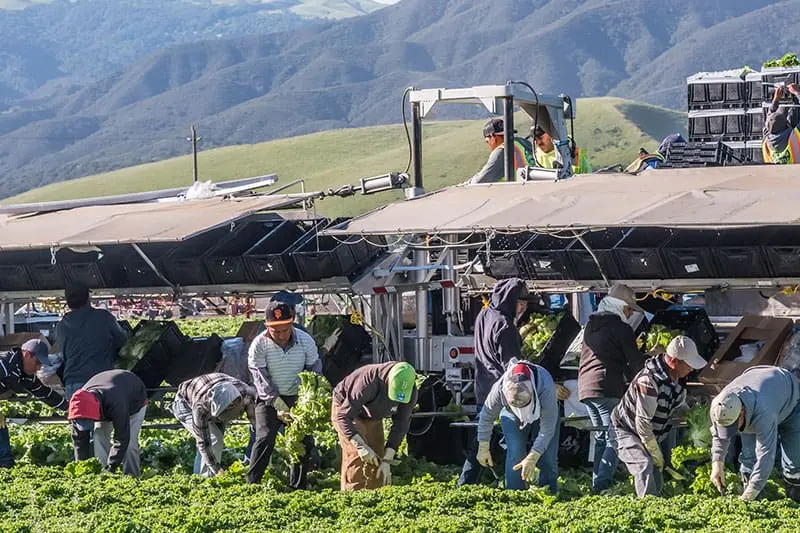F-1 Visa
What is the F-1 Visa?
Established in 1951, the F-1 Visa, a student visa, is a non-immigrant visa that allows a citizen of a foreign country to study within the United States. An F-1 visa is valid for up to five years, allowing visa-holders the opportunity to study in the United States for an extended period.
The F-1 visa is a multifaceted tool that offers international students the opportunity to study, work, and even bring family members to the United States, making it a vital asset for those looking to broaden their educational and cultural horizons.
The F-1 visa allows students to stay in the U.S. for the full duration of their academic program, plus an additional 60 days. This gives students ample time to complete their studies – including private elementary, middle school, high school, religious, and university education – without having to worry about impending visa expiration dates.
The Application Process
To apply for an F-1 visa, the first step requires acceptance at a school approved by the Student and Exchange Visitor Program (SEVP). After acceptance, you must pay the SEVIS fee and receive your Form I-20. With the Form I-20 and registration in SEVIS, you can apply for a student visa at a U.S. Embassy or Consulate. The application process includes completion of the Visa Application form, DS-160, online. It is also necessary to have a valid passport and a copy of the photo you will use for your visa. Printed copies of your DS-160 and Form I-20 are required during the application process.
After these steps, you can schedule your visa interview. Remember that initial entry and subsequent re-entry into the U.S. require a valid visa corresponding to your particular immigration status.
Let our immigration lawyers help you navigate every facet of immigration law.
What are the restrictions of the F-1 Visa?
Limitations on the F-1 visa are few but are very important to understand. The applicant must be seeking an education at a Student and Exchange Visitor Program (SEVP) certified school. These can vary but include colleges, universities, high schools, private elementary schools, seminary schools, conservatories, and other academic institutions, including language training programs.
It’s also important to remember that all F-1 applicants aged 14-79 will be required to make an appointment for an interview at a Consular Office. Visit the Department of State’s website to find estimated wait times, locations, and availability.
Get in touch with us

Can an Applicant bring their family?
The F-1 visa also provides the possibility for students to bring dependents to the U.S. Spouses and children under 21 years old of F-1 visa holders are eligible for F-2 visas, which allow them to accompany the student during their stay in the U.S.
In Summary
The F-1 visa serves as a valuable tool for international students, allowing them to gain access to the high-quality education system in the United States. This visa not only provides an opportunity for academic growth but also cultural exchange, broadening perspectives and fostering global understanding. However, it comes with certain restrictions such as limiting employment opportunities to on-campus jobs or specific training programs. Despite these limitations, the F-1 visa is a perfect fit for those seeking to pursue full-time studies in the United States, with the added bonus of being able to stay in the country for an additional 60 days after the program’s completion. It is a testament to the commitment of the United States to fostering international education and cultural exchange.


